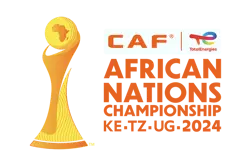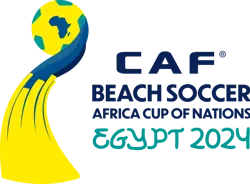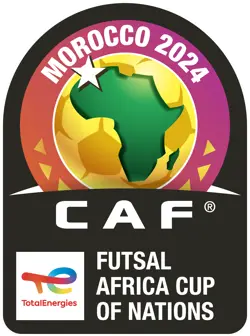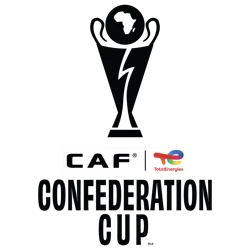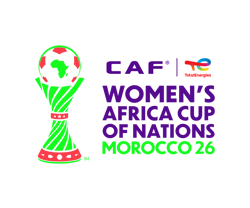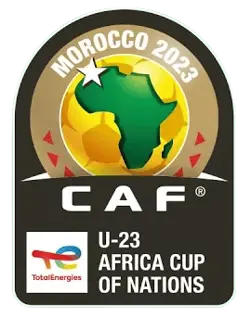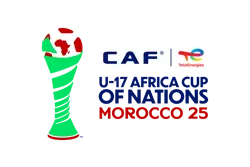From history makers to title defenders: Coach Desiree Ellis on Banyana Banyana’s next chapter
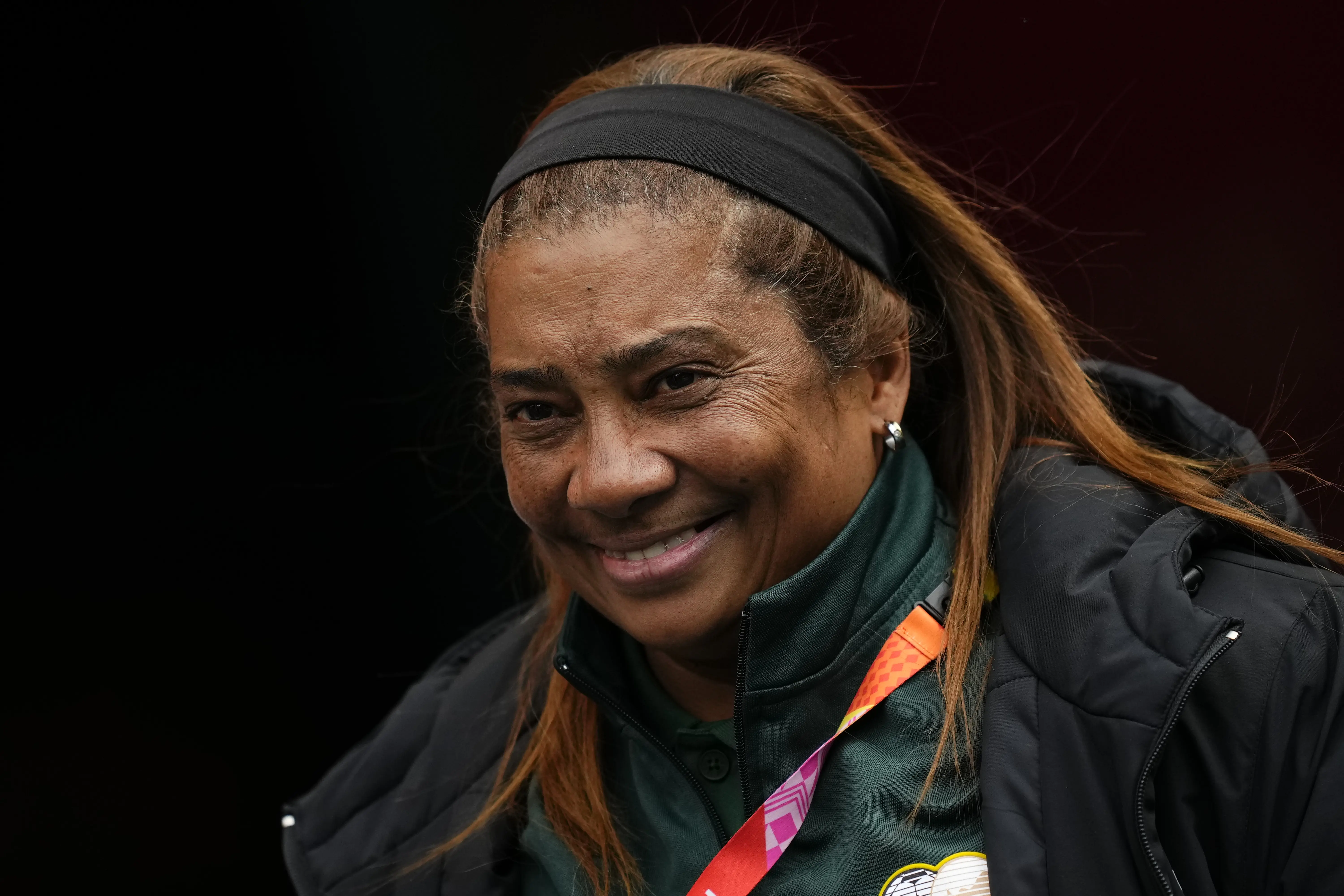
- "We are not defending the title — we are evolving as a team"
- "Unity of purpose was the key to our WAFCON triumph"
- "We never wasted a loss — every setback became a lesson"
With just weeks to go before Morocco kicks off the highly anticipated TotalEnergies CAF Women’s Africa Cup of Nations finals, all eyes will be on defending champions South Africa and their head coach, Dr Desiree Ellis.
As the reigning CAF Women’s Coach of the Year — a title she has now claimed an unprecedented four times — Ellis continues to redefine excellence in women's football.
Under her guidance, Banyana Banyana achieved a historic milestone by winning their first-ever TotalEnergies CAF Women’s Africa Cup of Nations (WAFCON) title in 2022.
As the team prepares to defend their title in Morocco, the very same nation where she guided the South Africans to their first ever continental title, Dr Ellis opened up to CAFOnline about the tournament’s preparations and the standard of the women’s game in Africa.
South Africa begin their title defense with a tough task of navigating their way past Group C consisting of Ghana, Mali and Tanzania.
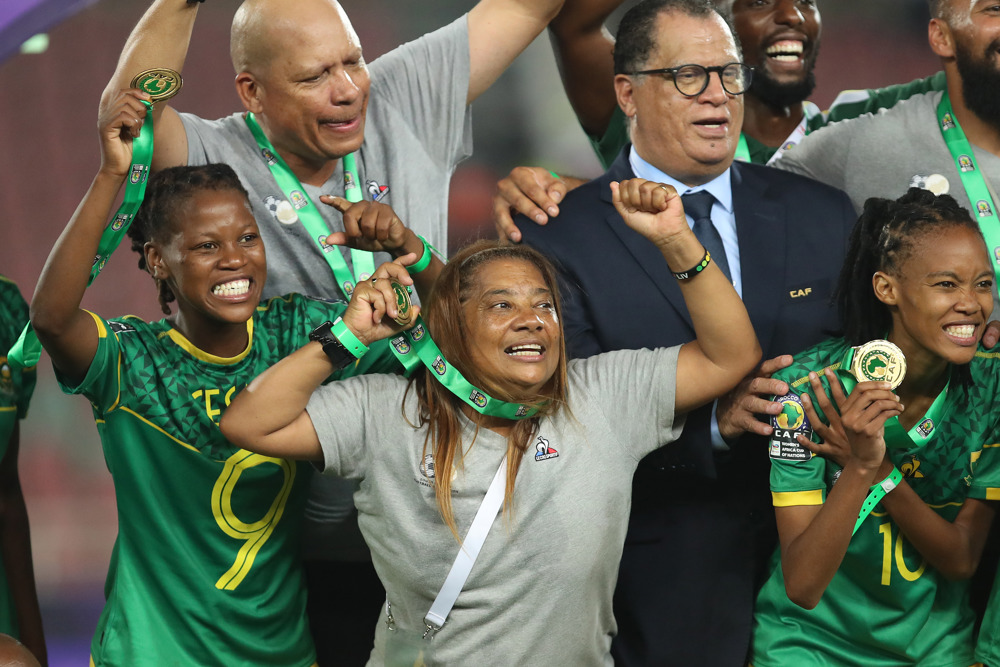
CAFOnline.com : Coach, you led Banyana Banyana to a historic first-ever TotalEnergies CAF WAFCON title. What was the key to that incredible campaign?
Desiree Ellis: That historic WAFCON victory with Banyana Banyana was the culmination of years of consistent planning, trust in the process, and belief in the players. If I had to identify the key to that campaign, it would be unity of purpose. Everyone, the players, the technical team, and the support staff bought into the same vision.
Our journey began years earlier. We identified key players early, built a core group, and consistently exposed them to high-level competition.
We had come close before — losing in the 2018 final — and that pain fuelled us. We learned from our mistakes and came back mentally tougher.
Each staff member played a huge role behind the scenes and during the tournament. Our teamwork was the biggest factor Ultimately, it was belief: That belief carried us all the way to the title.
How would you describe the team’s current preparations? Are there specific areas you're placing extra emphasis on?
Our current preparations are very intentional and focused. We’re not approaching this as defending champions looking to repeat — we’re approaching it as a team that wants to evolve and reach a higher level. Success can make teams complacent. We’ve been working on building depth across all positions, as versatility will be key. We will work on our tactical refinement in making sure we are defensively sound on our set pieces, and we will also be working on game management. Last time’s success earns you nothing this time. We respect our past, but we’re laser-focused on the future, sharpening every part of our game to ensure we arrive at WAFCON not just as champions, but as contenders who’ve grown.
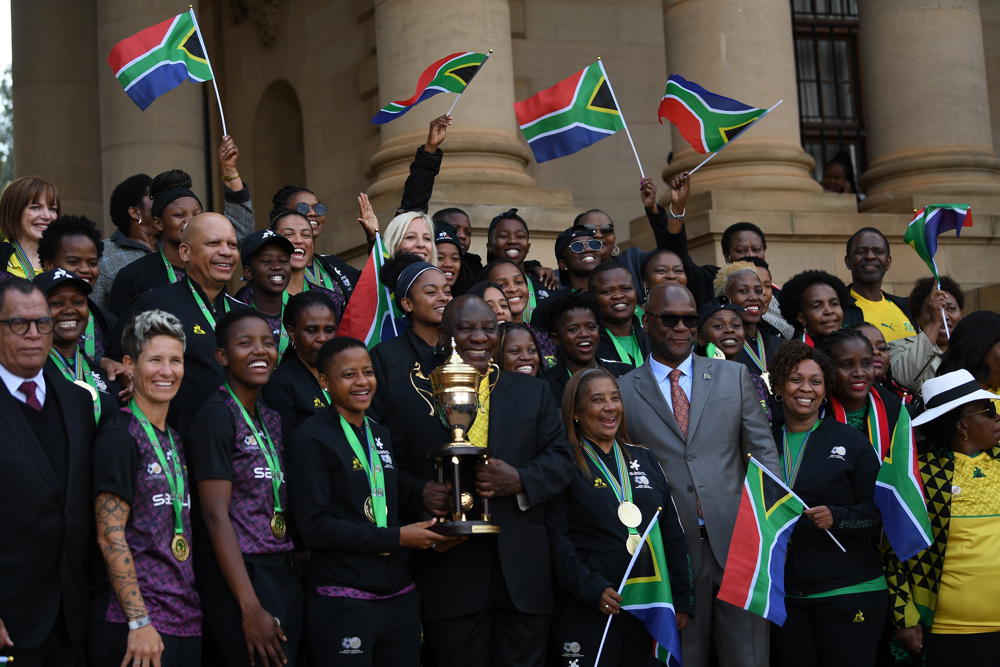
Consistency has been a hallmark of your tenure. What have you done differently to maintain such high standards with the team over the years?
Maintaining consistency at the top level, especially in international football, is never accidental. What we've done differently over the years with Banyana Banyana is focus on sustainable excellence, not just short-term results.
We’ve invested heavily in continuity. We are always looking to refresh the squad continuously, as well as making sure we get as much information as we can on our opponents. We also look back at what we have done in tournaments and how we can change it. We never wasted a loss.
Whether it was the heartbreak of 2018 or tough World Cup matches, we turned every setback into a lesson.
You’ve won the CAF Women’s Coach of the Year award four times – an extraordinary feat. What keeps driving your passion and hunger for success?
Thank you — those awards are deeply humbling, but for me, they’re not the destination. They’re just milestones along a much bigger journey.
Coaching Banyana Banyana isn’t just about football. It’s about representing South African women, showing young girls across the continent that they belong in sport, in leadership, and on global stages. Every step we take forward opens the door a little wider for the next generation.
I see the sacrifices these women make, the challenges they overcome, and the pride they carry every time they wear the jersey. There’s nothing like it. That feeling in the final, the national anthem playing, everything on the line. Or the quiet after a loss, asking hard questions, and I wouldn’t trade it for anything.
But it’s never really been about me as an individual; our teamwork has been key, as everyone plays a huge role in what and how we do things. The technical team has played a huge role in all of this as they do most of the work behind the scenes, but are also key on match day with their invaluable inputs.
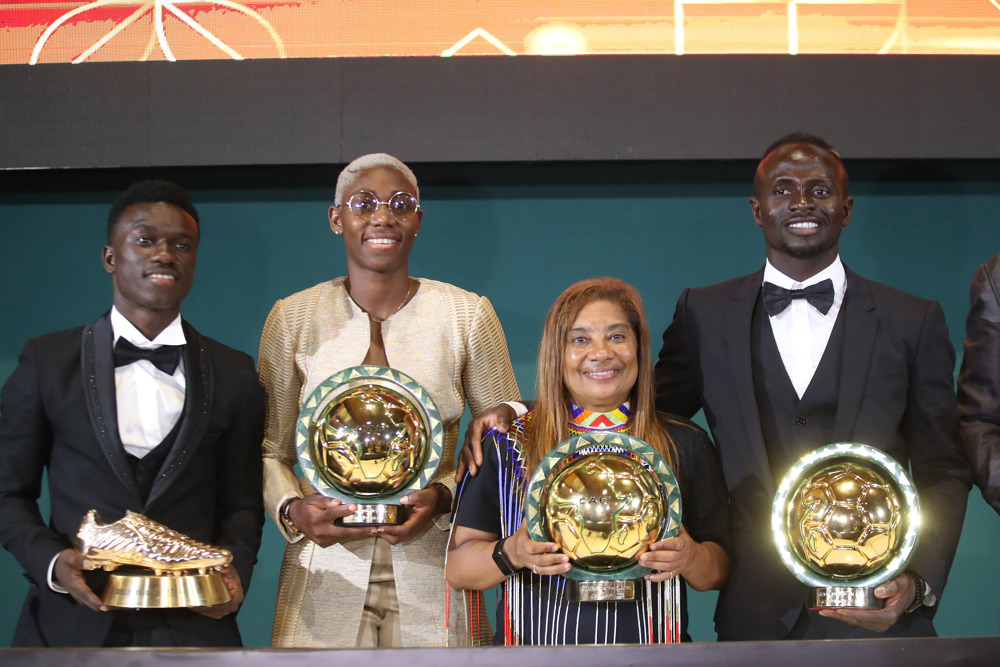
In your view, how has the landscape of women’s football in Africa evolved since you first took charge of the national team?
The evolution of women’s football in Africa since I first took charge of Banyana Banyana has been nothing short of transformational. The growth hasn’t just been in one area — it’s been across the board: technically, tactically, structurally, and culturally. It’s been incredible to witness, and even more fulfilling to be part of that journey.
When I started, many national teams in Africa were still treating women’s football as an afterthought. Today, we’re seeing Full-time contracts for players in some countries and Federations investing in resources, facilities, and qualified coaching staff.
All the different zones have regular competitions, and most countries are utilising every FIFA window.
You have the CAF Women’s Champions League, and from the different winners, you can see that the investment and level of competition have improved. Teams like Zambia, Morocco, and even Botswana have shown they’re no longer underdogs — they’re football teams with identity.
More African players are playing in top international leagues — in Europe, the U.S., and beyond. This exposure has raised the standard and brought back knowledge and professionalism into their national teams.
We’re seeing bigger crowds at WAFCON and women’s league matches. More media coverage and broadcast support, and corporate sponsors are finally recognizing the value in the women’s game. The gap is closing quickly. Every match is a battle, and no result is guaranteed, which is great for the growth of the game.
But the work isn’t done. Better youth development, as our female youth teams must have the same qualification set up as they do for the boys, as some get to play one round, and after they are knocked out, that’s the end of the campaign. We also need to focus on sustainability: stronger leagues and consistent investment, because the talent is here, and the future is bright.
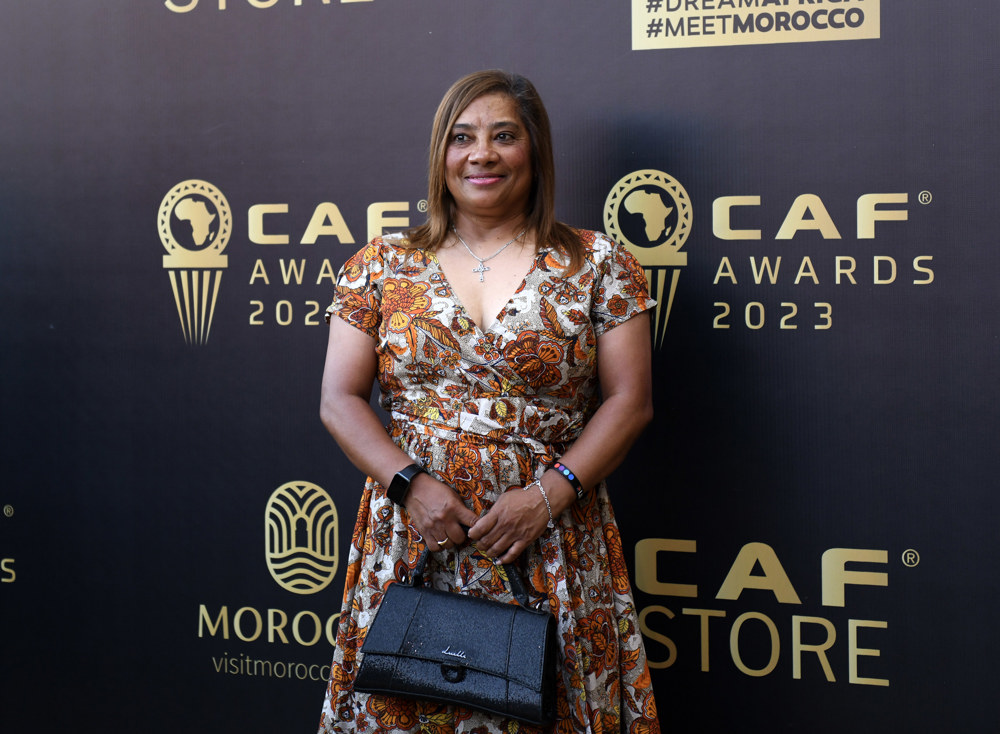
Are there any emerging talents or new leaders within the squad who fans should be watching closely in this year’s tournament?
Absolutely — one of the most exciting things about this current Banyana Banyana squad is the blend of seasoned experience and fresh, hungry talent. While our core leaders like Refiloe Jane, Jermaine Seoposenwe, and Andile Dlamini still provide vital stability and leadership, there are several emerging players stepping up, both in performance and personality.
We never really talk about individual players, but teamwork as players, then shine within.
Although Karabo Dhlamini has been to WAFCON and two World Cups, she has grown into a natural leader at the back line. Bongeka Gamede is not a new face, but this tournament could be her moment. She has matured into a composed and reliable, and versatile player.
Looking back, what were the biggest lessons you and the team learned during the victorious WAFCON 2022 campaign?
Looking back at the 2022 triumph, the emotions are still fresh. But alongside those moments of glory came some of the most valuable lessons we’ve ever learned as a team. That tournament was about more than lifting the trophy — it was about growth under pressure and trust in identity. Here are the biggest lessons we took from that journey: We didn’t go to Morocco hoping to win — we believed we could. We faced different types of opponents, and we learned that you can’t be rigid.
You need to adjust while staying true to your style. Several matches came down to moments: a tackle, a save, a bit of composure. One of our greatest weapons wasn’t a formation — it was the togetherness and teamwork from players and staff. Players who weren’t starting were still pushing the group forward.

What challenges have you faced in preparing for this edition of the tournament, and how have you overcome them?
Preparing for this edition of WAFCON has brought a very different set of challenges compared to previous years, not because the task is harder, but because the context has changed. We're no longer chasing history; we're carrying it. With that comes new pressure, new expectations, and new obstacles. A few key players have struggled with injuries or are just returning from long layoffs. We had some camps, and that players come from different environments and have to adjust quickly. This can be a negative or positive challenge as it brings out the best in some and clearly shows who is right for this level and who is not. We've also been transitioning some new faces into the squad to see how we can blend the local players and those playing abroad.
How important is it for Banyana Banyana to not only defend the title but also inspire the next generation of female footballers across the continent?
The only country that has successfully defended WAFCON on numerous occasions is Nigeria. Over the past two years, Banyana has shown that they can defy all odds by winning WAFCON as well as getting to the last 16 at the 2023 FIFA Women’s World Cup, and it will take a bigger effort as they have shown true grit and resilience and this is a team that never gives up.
Winning it back-to-back will be right up there with everything else we have achieved as a team over the last two years. It will inspire a nation, and hopefully, more sponsorship will come on board, more players will be scouted to play abroad, as has been the trend since WAFCON, with many players now playing in the top teams in the different leagues around the world.
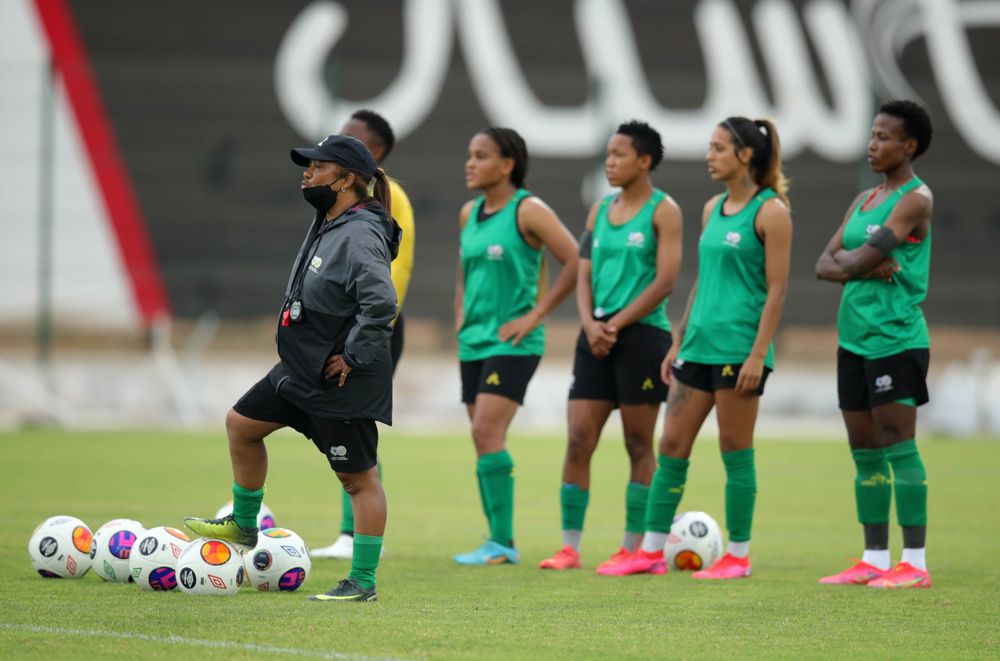
As someone who captained the team and now coaches it, what does it personally mean to lead Banyana Banyana into another WAFCON as defending champions?
That’s a deeply powerful position to be in — having been both a captain and now the coach of Banyana Banyana, entering another WAFCON as defending champions carries layers of meaning. As a captain, I lived the experience on the pitch — feeling the pressure, the pride, and the responsibility firsthand. Now, as a coach, I carry that lived experience to guide the next generation with empathy and insight.
Defending a title brings huge expectations — from fans, the federation, and the players themselves. It will be an incredible achievement for the whole team, as the only country that has done it before has been Nigeria, which has won it multiple times.

